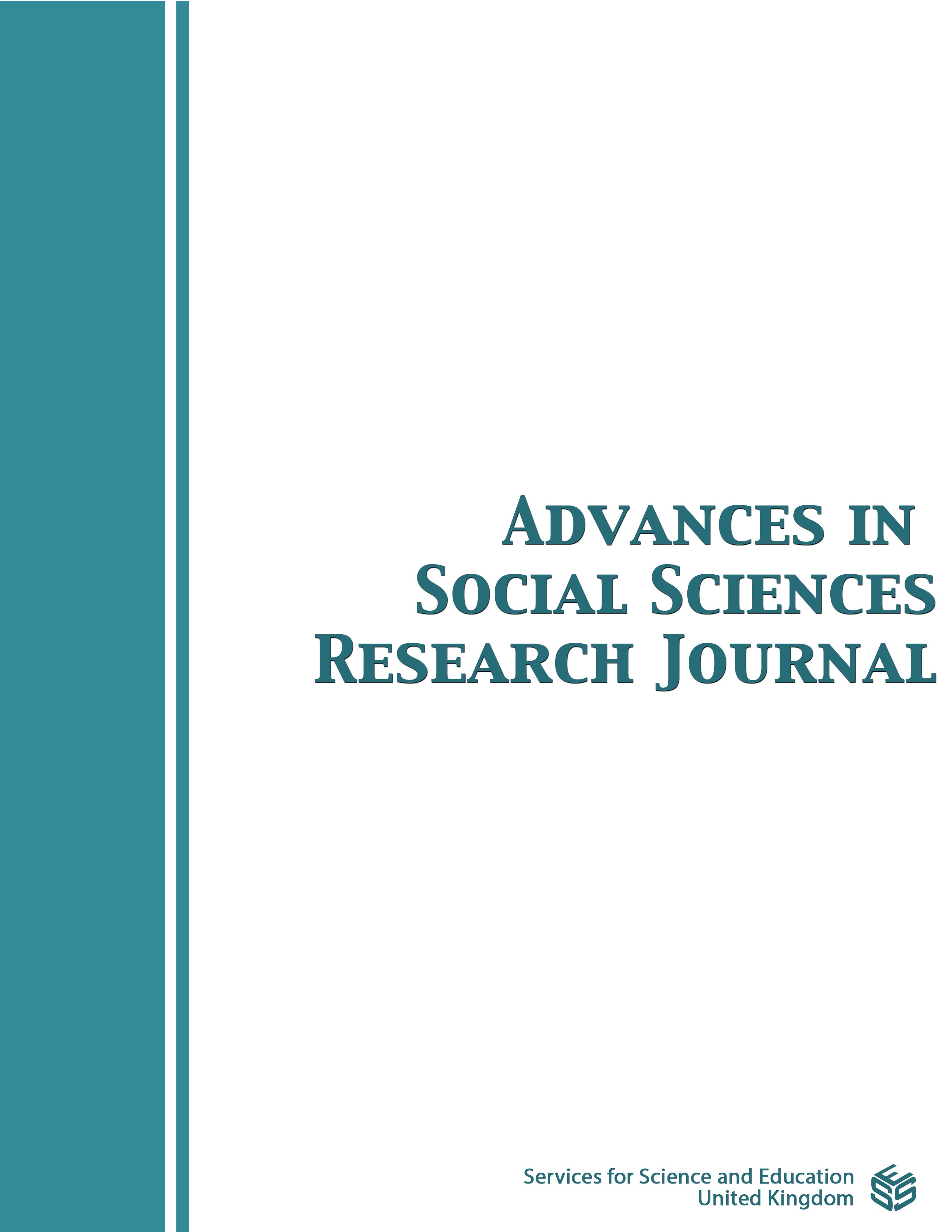INFLUENCE INFLUENCE OF SECURITY MANAGEMENT MECHANISM IN ADDRESSING EMERGING BODA-BODA SECURITY THREATS IN CHANGAMWE SUB-COUNTY, MOMBASA COUNTY, KENYA
DOI:
https://doi.org/10.14738/assrj.95.12292Abstract
This paper uses data collected for an MA Thesis on the influence of security management mechanism in addressing emerging Boda-Boda security threats in Changamwe Sub-County in Mombasa County, Kenya. The study has been necessitated by the conception that management of Boda-Boda security threats will significantly lower Annual crime patterns like terror attacks, kidnappings, robberies, target violent crimes among others. According to this study, the sector operated without proper regulation and or control. The study was guided by three specific objectives; to establish the types of emerging Boda-Boda security threats prevalent in Changamwe Sub-County, to examine perceptions of security personnel on emerging Boda-Boda security threats, and to establish security management mechanism adopted by security personnel in addressing Boda-Boda Security threats in Changamwe Sub-County in Mombasa County. This study was focused by crime pattern and Routine Activity Theory. The study comprised of 144 respondents. Stratified random sampling method and purposive sampling techniques were used to select respondents and descriptive statistics used in data analysis. According to the study, the main types of Boda-Boda related crimes prevalent in Changamwe Sub-County were robberies, thefts, kidnappings, murders and other forms of gun violence. One of the major perceptions of emerging security threat is that of motor bike related gang that has increased vulnerability of many businesses and targets due to their disguised surveillance on unsuspecting victims and targets. According to the study Boda-Boda related crimes are largely under regulated. As one of the major policy concerns, concerted efforts by the Government and the Private sector to come up with preventive social programmes such as economic empowerment and alcohol and drug control programmes that will potentially avert the identified pushing factors responsible for rampant Boda-Boda sector related crimes; Poverty and alcohol consumption and drug use. Social programmes may also come up with mechanisms of social justice to supplement government enforcement mechanisms. Finally, National Police Service should increase intelligence and surveillance of the sub-sector to identify crime patterns, trends and hot spots in order to cut this problem at the nib.
References
Babbie, E. & Mouton, J. (2001). The Practice of Social Research. South Africa Oxford University
Press, Cape Town.
Broughton D. (2005). The complete guide to insufficiency. New York, NY. Chronicle Book
Clarke, Victoria (2012). Department of Psychology, Faculty of Health and Life Sciences. APA
Handbook of Research Methods in Psychology, Vol 2. Washington, DC, US: American.
Smith, M. J., & Cornish, D. B. (Eds.). (2006). Secure and tranquil travel: Preventing crime and
Disorder on public transport. Routledge.
Kioko, E. M. (2017). Conflict Resolution and Crime Surveillance in Kenya: Local Peace Committees and Nyumba Kumi. Africa Spectrum, 52(1), 3-32. doi:10.1177/0002039717
Kombo, D & Tromp, A. (2010): Proposal and Thesis Writing: an introduction. Nairobi: Pauline’s publications Africa.
Kumar, A., & Barrett, F. (2008). Stuck in Traffic Urban Transport in Africa. AICD Background
Paper No. 1. Africa Infrastructure Country Diagnostic.
NCRC, (2018). “National-Crime-Mapping-Study-Public-Perceptions-Of-Crime-Patterns.”
(Nairobi: National Crime Research Centre).
Manyara, C.G. (2013) Combating Road Traffic in Kenya: A Challenge for Emerging Economy.
KESSA Proceedings.
Mugenda, O.M. and Mugenda, A.G. (2003) Research Methods, Quantitative and Qualitative
Approaches. ACT, Nairobi
Nandwoli, F (2014). Factors Influencing Motorcycle Transport On Creation of Employment
Opportunities in Kenya. Master's Thesis, University of Nairobi.
Nyaga, J.K., & Kariuki, D.J. (2019). The Influence of Motorcycles/Boda Boda on Community
Development in Rural Kenya: a study of the Challenges Facing Motor Cycle Operators in Meru South Sub-County.
Odera O. T. (2015). Boda-Boda Economy: Its Socio-economic Impact On Rural Bondo.
Onjoro, V., Bwari Arogo, R., Lucy, D., & Osiche, F. (2016). Boda-Bodas in Kenya Have Alleviated Boys from Poverty, Idleness and Bad Habits Despite Prevailing Challenges. IOSR Journal of Business and Management, 18(10), 33-36. doi:10.9790/487x-1810053336
Pendakur, V. S. (1999). A Policy Perspective for Sustainable Cities-Non-Motorized Transport
(NMT) in Asia. IATSS research, 23, 51-61
Riko, N., & Handa, S. (2019). Factors That Influence Crime amongst Matatu and Boda Boda
operators in Nairobi, Kenya and Mechanisms for Mitigation.
Znajmiecka-Sikora M, Salagacka M. (2018). Determinants of Risky and aggressive Behavior
among Motorcyclists. Global status report on Road safety.
Downloads
Published
How to Cite
Issue
Section
License
Copyright (c) 2022 Jerry Limo

This work is licensed under a Creative Commons Attribution 4.0 International License.
Authors wishing to include figures, tables, or text passages that have already been published elsewhere are required to obtain permission from the copyright owner(s) for both the print and online format and to include evidence that such permission has been granted when submitting their papers. Any material received without such evidence will be assumed to originate from the authors.






